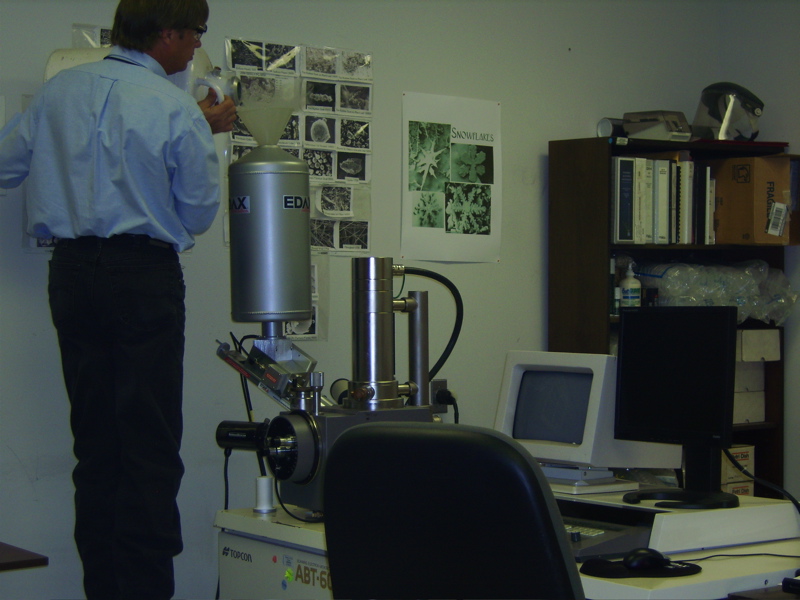Banks don't create money, they create debt when they make loans. Most deposits are liabilities to someone somewhere in the inside money system. In fact your deposits aren't even yours, your receipt is just an IOU. Loans and deposits aren't money, just chips, temporary private arrangements, like a car rental.
Bank deposits are called inside money because they are "inside" the private sector. Those deposits are created and controlled as a business by private individuals competing (theoretically) in a free market. The supply of money then increases and declines in response to demand. Increased demand for money means more loans.
I don't know about elsewhere but Americans in particular are not hep to government controlling money creation. Being a market economy from the git go we opted for private banks and only after 150 years was the Fed created as kinda-sorta quasi-governmental facilitator to assure liquidity between banks. At the time the Fed was created othewise solvent banks were getting caught short because other banks would not honor their claims. After 50 years of deregulation of banking it is obvious that the wolves have taken over the henhouse again.
Cash (physical greenbacks in the US) and fed reserve deposits are called "outside" money and they don't represent a liability to anyone in the economy. They are actual money. The big downfall of outside, government money is it is issued by government. Government isn't for profit so supply and demand isn't a consideration. Government's job is politics, which is why currency manipulation by governments was once common and the market system has prevailed.
Way back in olden times when I was a kid, before mag-strips, there were checks and there was cash. Checks (inside money) were kind of a little world of their own between you and your bank and whoever elected to accept your script. Banks were less convenient than cash but made some things easier, like paying bills by mail, and of course cashing checks. But checks were not always accepted so everyone carried some cash. Back then the line between inside and outside money was pretty clear.
Then came debit cards and instant electronic banking and all that changed.
Now most people never touch cash. It is dirty and inconvenient when you can just swipe a card and be off. Everything is private, "inside" money now.
--
The thing about banks is they create debt but they do it against the value of an asset. Big loans are against property but there are a heck of a lot of "unsecured" loans made against "credit scores" to individuals and against the hope of future profits in the case of business. But in all cases there is the expectation of future profit/income to pay back the loan.
The issue of PO and FF depletion in general is and always has been that energy too cheap to meter has provided surpluses too great to measure. It is those surpluses the bank loans are actually based on, the idea that energy flows will continue increasing indefinitely.
The "what we do" is simple, we deleverage. No amount of regulatory fiddle faddle is gonna help.
Here is one chart of doom but even it only tells the part of the fantasy that imagines GDP is sustainable with less and less cheap energy. When energy declines so will GDP and the debt ratio will skyrocket, for a while.

Private debt in this chart includes corporate bonds.
http://www.federalreserve.gov/pubs/feds ... 638pap.pdf
http://www.pragcap.com/understanding-in ... ide-money/
http://www.pragcap.com/hoisington-inves ... rter-2014/








